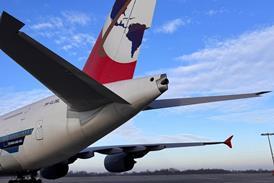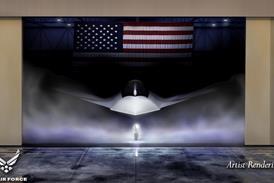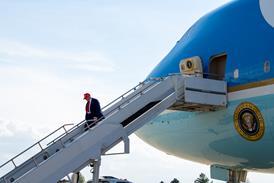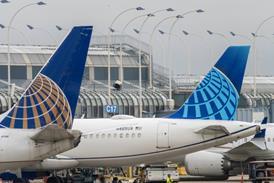Ramping up the availability of sustainable aviation fuel (SAF) remains a key challenge for business aviation, with executives blaming the high cost of the product for slowing attempts to increase uptake in the sector.
“As a company, we want to develop SAF as quickly as possible and we are working to airports to try have SAF at as many locations as we can,” said Sophie Lesnoff, Signature Aviation area director mainland Europe, during a Flight Daily News panel event at EBACE in Geneva today.
In March, private aviation terminal operator Signature announced it was adding the provision of SAF to six more locations in Europe, taking to 33 the number of locations where it offers the fuel globally.

“Of course we would like more SAF because that is the way forward and that is what we need for the environment,” she says. “However we find that it is difficult to sell. It is too expensive, it’s as simple as that. We provide it in many locations and we struggle still to sell it.”
Concerted action is needed to make SAF more affordable, she argues: “It is not something we can do [alone], but we have to work together to make it happen.”
Speaking on the same panel, C.R. Sincock II, executive vice-president AvFuels, says SAF remains the way forward, despite slower progress than hoped.
“There has been a little bit of cooling of the enthusiasm, but I don’t think it’s going anywhere. I still think it’s the long-term future.
“It is expensive. Everybody says we need more SAF, but who’s going to pay for it? At the end of the day, it’s got to come from somewhere. New technologies are always more expensive when they first start and they almost always become less expensive over time.
“So it’s going to take some time, and the industry is going to have to accept some costs that are just higher, and the cost will eventually come down. We are not quite where those ambitious targets were initially. I think it will continue to grow, and probably just take a little bit longer than we thought.”
The drive to increase SAF adoption in Europe is heightened by mandates, both in the European Union and the UK, which entered force this year. Lesnoff notes that in Europe in particular, many commercial airports are not ready for SAF.
For this reason, many in the industry are advocating for a book-and-claim system, which would decouple the physical requirement to uplift SAF at every airport from paying for it.
”I think that can work. Some parties have concerns about the legitimacy or creditability of that,” he says, but adds: ”I think done right it works perfectly well. It’s just getting the trust and understanding of it.”


























